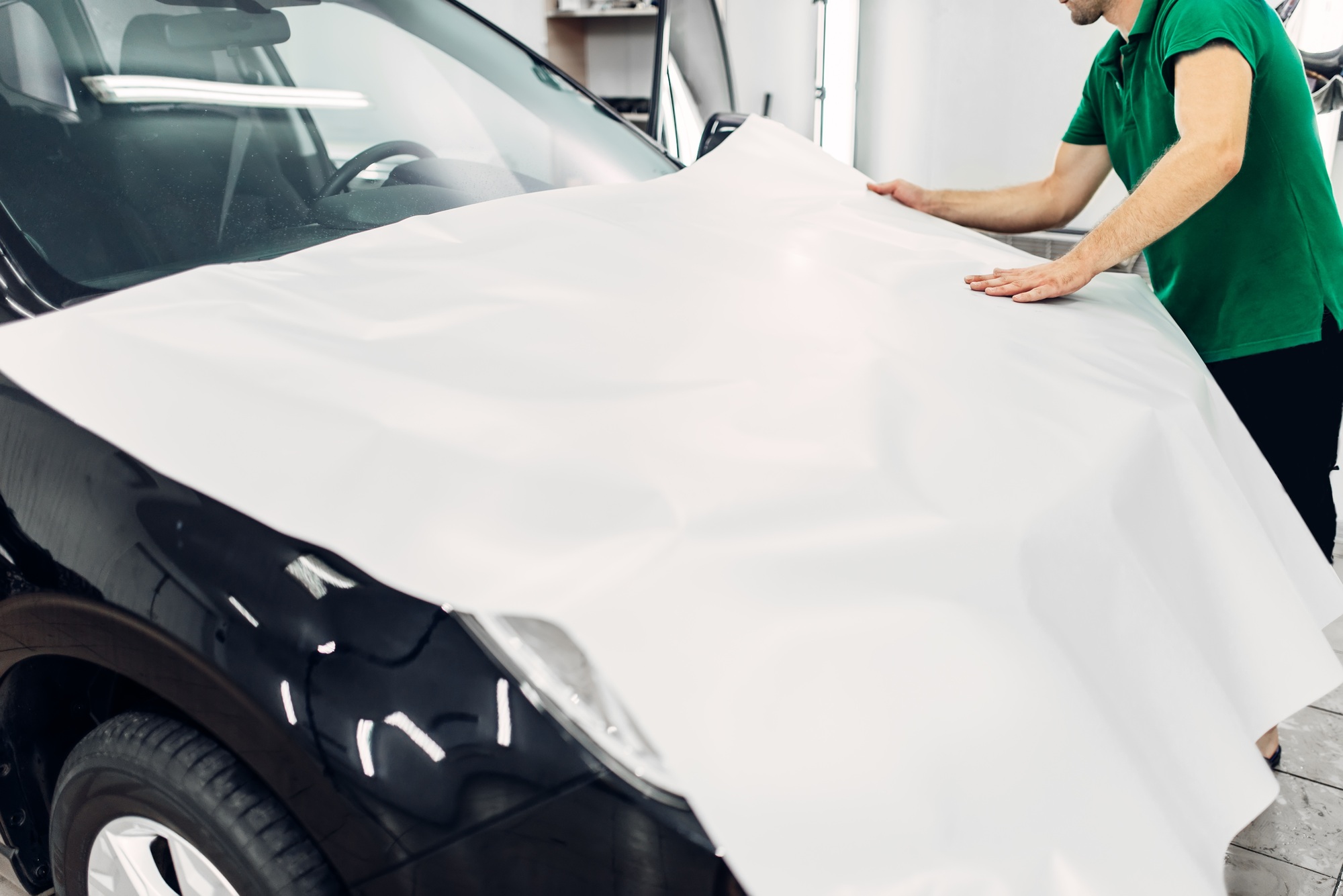Overview of Air Filters for British Racing Cars
The significance of air filtration in British racing cars cannot be overstated. An optimal air filtration system is crucial for achieving peak racing performance. Premium air filters play a pivotal role in ensuring the engine receives clean air, essential for combustion and overall efficiency.
Air Filtration Benefits in Racing
Air filters serve as the first line of defence against dust, debris, and contaminants that can impede engine performance. In racing scenarios, air filters are exposed to harsher conditions, making their quality especially critical. Premium air filters excel in protecting engines from these elements when compared to standard options.
Have you seen this : Key Factors to Keep in Mind When Choosing a Steering Wheel Cover for Your Luxury UK Vehicle
Key Features of Premium Air Filters
Premium air filters typically feature high-grade materials, ensuring durability and efficacy. They are engineered to optimize airflow while effectively capturing smaller particles that standard filters might miss. Additionally, premium options often offer a longer lifespan, reducing the necessity for frequent replacements, enhancing both cost-effectiveness and reliability.
Differences Between Standard and Premium Options
While standard air filters suffice for average use, premium filters offer superior filtration capabilities, which are vital in racing settings. Enhanced construction ensures more thorough air cleaning, resulting in improved fuel efficiency and increased horsepower. Investing in premium air filters equates to prioritizing engine longevity and racing success.
Also read : Top Strategies for Seamlessly Installing a Panoramic Camera System in Your British Luxury Car
Tools and Materials Required for Installation
Before starting your air filter installation, prepare a well-considered list of necessary items. Having the right installation tools and materials is critical to ensuring a smooth process. Here, you’ll find an overview of what’s needed, including some recommended brands.
Essential Installation Tools
- Screwdriver Set: A diverse set is convenient, as different air filters may require various screw types.
- Measuring Tape: Accurately measures spaces to fit the air filter properly.
- Utility Knife: Comes in handy for adjustments or cutting sealant tape.
Required Materials for Installation
- Replacement Air Filter: Always use a filter that matches your system’s specifications.
- Sealant Tape: Ensures a tight, secure fit and prevents air leaks.
- Safety Gear: Gloves and goggles to protect yourself during installation.
Recommended Brands and Products
For quality assurance, consider brands like 3M for sealant tapes, known for durability. Popular for tools are DEWALT screwdrivers and Stanley utility knives, offering reliability and ease of use. With these installation tools and materials, you’re comprehensively equipped to conduct an efficient air filter installation, promising longevity and performance.
Step-by-Step Installation Guide
Installing a premium air filter enhances your vehicle’s performance. This guide provides clear installation steps to ensure success.
Preparing Your Workspace
Begin by ensuring your workspace is well-lit and clean. Gather all necessary tools: screwdrivers, gloves, and a new premium air filter. Clear the area around your vehicle to prevent accidents.
Removing the Old Air Filter
To remove the old air filter, locate and open the air filter compartment, usually found near the engine. Carefully detach any clips or screws securing the compartment. Gently lift out the old filter, noting its orientation for reference when installing the new one. Check for any dirt or debris and clean the compartment if needed.
Installing the Premium Air Filter
Prepare the vehicle by parking it on a flat surface, ensuring the engine is cool. Position the premium air filter in the compartment, aligning it according to the direction of airflow. Gently insert it, ensuring a snug fit to avoid air gaps. Secure the compartment with all clips or screws, checking that everything is tightly fastened.
Tips:
- Ensure the new filter is the correct size.
- Handle the filter’s edges to avoid damage.
- Check the vehicle’s manual for specific instructions related to your model.
A proper installation guarantees improved air quality and engine efficiency.
Maintenance Tips for Premium Air Filters
Regular air filter maintenance is crucial to ensure optimal performance and extend the lifespan of your filters. By embracing simple routine practices, you can significantly improve air quality and efficiency.
Routine Maintenance Practices
To ensure your air filter remains in peak condition, regularly inspect it for visible dirt or debris. This proactive approach helps in identifying when cleaning might be necessary, potentially prolonging the filter life. Consistent checks can lead to better performance and longevity.
Cleaning Versus Replacing
Figuring out whether to clean or replace your filter can be tricky. Typically, if the filter looks clogged or worn, it’s best to replace it. However, some filters are designed to be cleaned, either by vacuuming or gently washing. Cleaning is preferable when the filter is still in relatively good condition but showing minor signs of dirt.
Signs Indicating Maintenance or Replacement
Recognising when your filter needs attention is vital. Key indicators include:
- Reduced airflow in your system
- Increased dust levels in living areas
- Unusual odours emanating from vents
By addressing these issues promptly, you ensure your filter continues to function effectively, maintaining a cleaner, healthier environment. Proper air filter maintenance not only prolongs filter life but also enhances the overall efficiency of your filtration system.
Advantages of Using a Premium Air Filter
Investing in a premium air filter offers significant benefits. A primary advantage lies in the improved engine performance and efficiency. Premium filters ensure optimal airflow, directly impacting the engine’s ability to function effectively. This enhanced airflow allows for more efficient combustion, contributing to better power output and fuel efficiency.
Air quality plays a crucial role in vehicle performance. Premium filters are designed to capture finer particles than standard filters, thus improving the air quality reaching the engine. This increase in air purity prevents debris and contaminants from clogging the engine, reducing wear and tear over time.
Moreover, performance enhancements do not only relate to power and efficiency. Premium filters are engineered for longevity, reducing the need for frequent replacements. Though initially more expensive, they offer long-term cost benefits. Their durability and efficiency can lead to savings on maintenance and repair costs, proving economical over time.
For those concerned about environmental impact, premium air filters also contribute to reducing emissions. By maintaining enhanced airflow and cleaner air quality, engines burn fuel more efficiently, which can lead to lower emissions. Thus, their role extends beyond vehicle maintenance, aligning with broader environmental sustainability goals.
Common Problems and Troubleshooting
Experiencing installation issues when setting up air filtration systems can be quite common. A critical step often overlooked involves ensuring that all components align properly. Misalignment usually results in poor performance and can easily be avoided with careful attention during the setup process. Measure twice, install once, as they say.
Once installed, air filter problems might arise, typically centered around clogging or inadequate filtration. Clogging often occurs due to extended use without replacement, requiring regular checks and timely filter changes. Understanding what triggers inefficiencies can help maintain optimal functionality.
Diagnosing Air Filter Problems
To pinpoint issues, start by examining air flow. Reduced air flow often indicates blockages. Another indicator is unusual noises from the system—this might signal the filters need attention.
Troubleshooting Tips
If problems persist, consider these troubleshooting tips:
- Check for any installation errors.
- Verify that air filters are securely in place and not damaged.
- Ensure regular maintenance by replacing filters as specified by the manufacturer.
For persistent problems, consulting with professionals can provide targeted solutions, especially if the system integrates with sophisticated technology. Thus, addressing installation issues and air filter problems with timely interventions ensures a smooth operation of air filtration systems.
Overview of British Racing Car Specifications
Understanding British racing car specs is pivotal for enthusiasts and professionals who aim to maintain optimal vehicle performance. A critical aspect of these specifications is the air filtration requirements that each race car must adhere to. These requirements ensure that the engine operates efficiently by preventing dirt and debris from entering the system, thus enhancing performance and longevity.
Different vehicle models in the British racing scene influence the choice of filtration systems. Racers must select appropriate filters tailored to their car’s engine capacity and racing environment. For example, a high-performance model may require enhanced filtration systems designed to manage increased airflow demands without sacrificing engine protection.
Compliance with racing regulations concerning air intake systems is non-negotiable. These regulations specify the standards for air filtration units to maintain fair competition and safety standards within the racing community. Adhering to these rules is essential to avoid disqualification and ensure that vehicles perform at their peak while protecting the integrity of the engine.
In summary, the specifications surrounding British racing car air intake and filtration systems are integral to achieving top-tier vehicle performance. Choosing the right components contributes significantly to a car’s success on the track.











